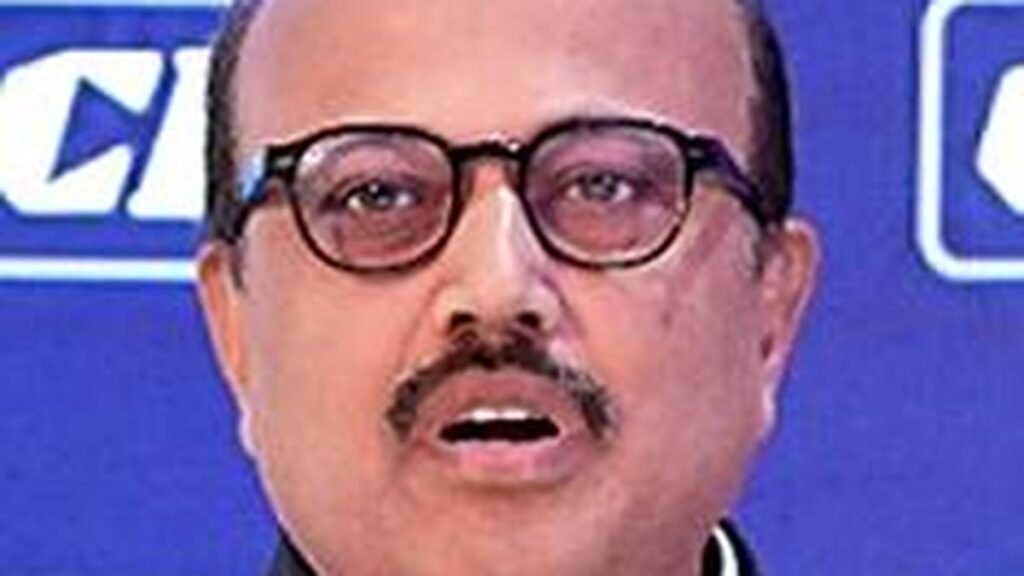No time to be timid, do not celebrate marketcap, derivative volumes: CEA
MUMBAI: India must avoid marking progress through “market capitalization ratios or the volumes of derivatives traded,” chief economic advisor V Anantha Nageswaran said. He called upon banks and financial institutions to become bolder, technologically sharper and more willing to take calculated risks.Speaking at the CII Financing Summit 2025, Nageswaran described marketcap and derivative volumes as misleading indicators that can divert savings from productive use. Speaking at the summit’s opening plenary, he said the sector must focus on long-term development needs as India navigates a more uncertain global environment and rising demands on domestic capital.“We must avoid the temptation to celebrate prematurely when the road ahead is long and, as the poet reminds us, where there are miles to go before we see. Equally, we must guard against celebrating the wrong milestones, such as market capitalization ratios or the volumes of derivatives traded. These are not measures of financial sophistication. They only risk diverting domestic savings away from productive investment,” he said. He added that India is operating in a world that has “irreversibly changed,” requiring the financial system to become the country’s most dependable source of stability.“External financing alone will be insufficient to meet the scale of our development ambitions,” he said, arguing that uncertainty must be met with stronger domestic institutions. He called for a shift “from balance-sheet preservation to balance-sheet deployment,” backed by patient capital and innovation. The present moment, he said, offers a “tremendous opportunity” if institutions are prepared to take long-term positions because “this is not an era for timidity.”He said the sector must anchor national priorities as global capital flows realign, geopolitical risks grow and technology drives discontinuous shifts. India, he argued, needs long-term domestic capital to support industrial upgrading, use its demographic advantage, build energy security and expand innovation, stressing that “business-as-usual financing will not suffice in an era defined by uncertainty and technological discontinuities.” He also pointed to global risks such as misallocated capital in advanced economies and echoed the IMF’s warning that “a potential bust of the AI boom could rival the dot-com crash in severity.” As India positions itself in reworked supply chains, he said the sector must determine “what kind of instruments and innovation it must bring to the table so that in the next 10 years we build a strategic leverage commensurate with our economic size globally.”He said India has built a strong starting point, noting that “the banking system today is healthier than it has been at any point in recent memory,” but urged caution against complacency. “We must not mistake strength for readiness,” he said, adding that the coming decade will test domestic institutions in new ways. He called for greater support for innovators, deeper bond markets and a rethinking of intermediation as tokenization progresses. “Leaders in the Indian financial sector have a historic opportunity to lead,” he said, adding that aspiration must be matched with discipline and ambition. “Those of us entrusted with shaping the system must remain clear-eyed, disciplined and also ambitious,” he said.



